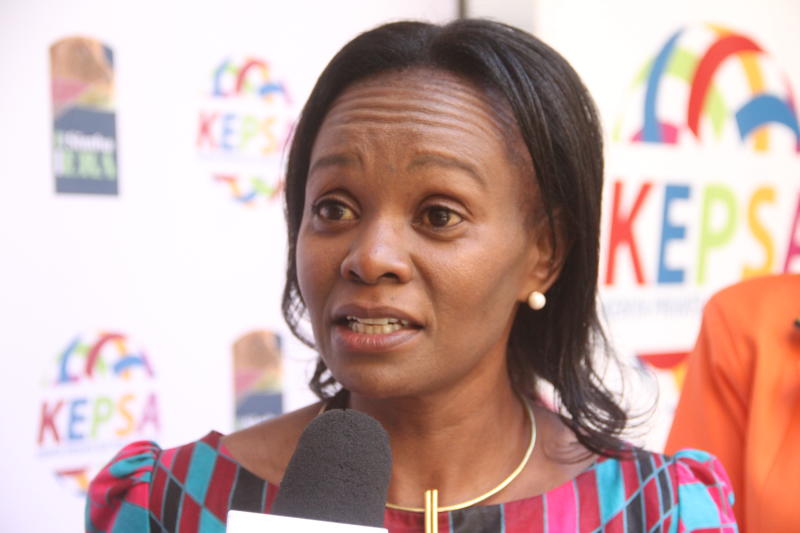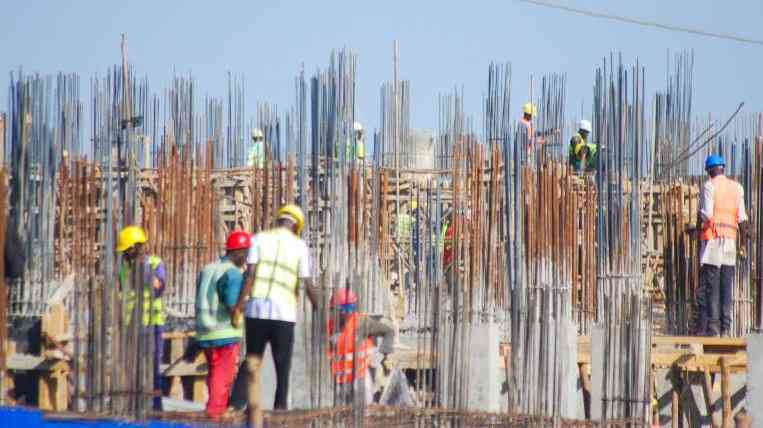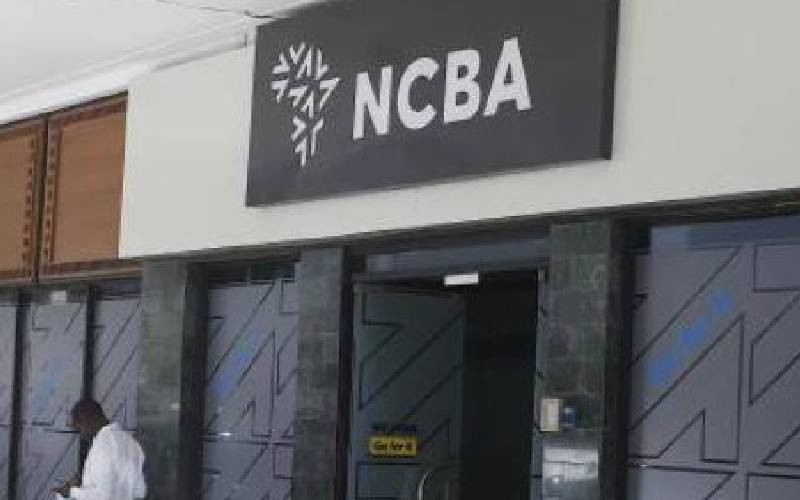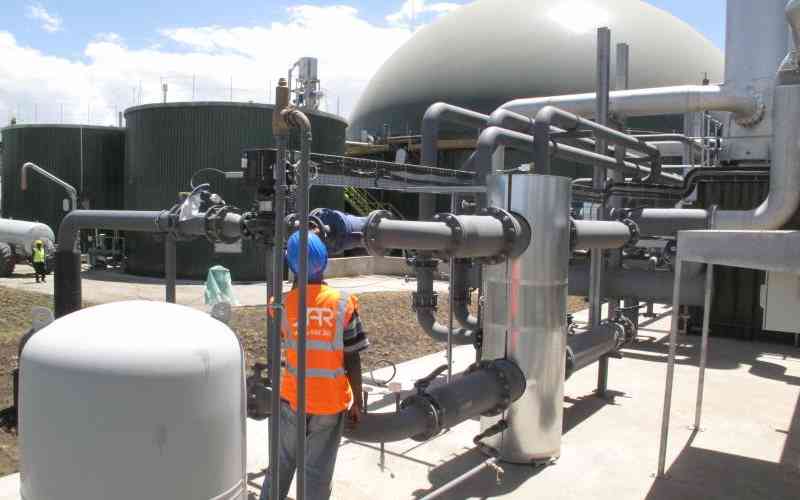×
The Standard e-Paper
Stay Informed, Even Offline

The Kenya Private Sector Alliance yesterday presented a proposed Private Sector Economic Manifesto outlining five key areas businesses need the government to address.
They presented the economic manifesto during a meeting with ODM leader Raila Odinga.








